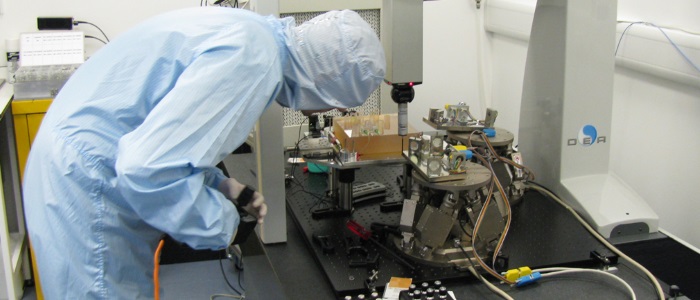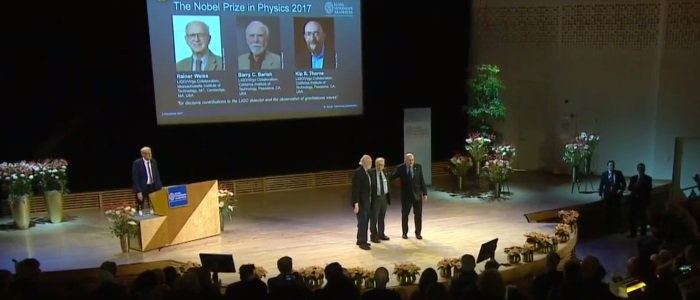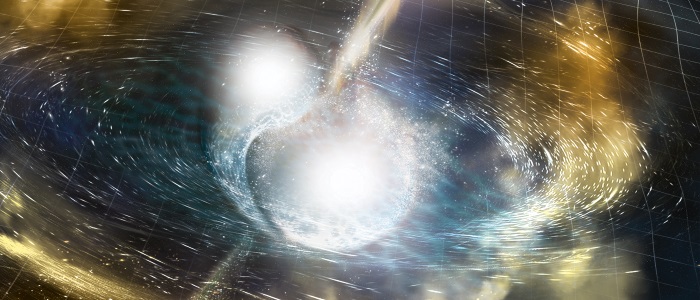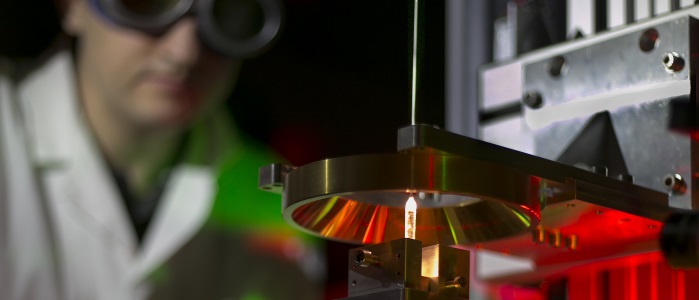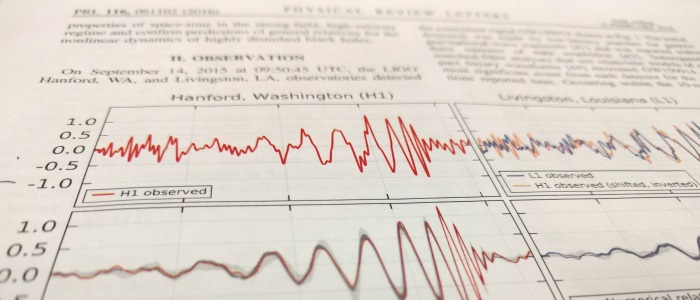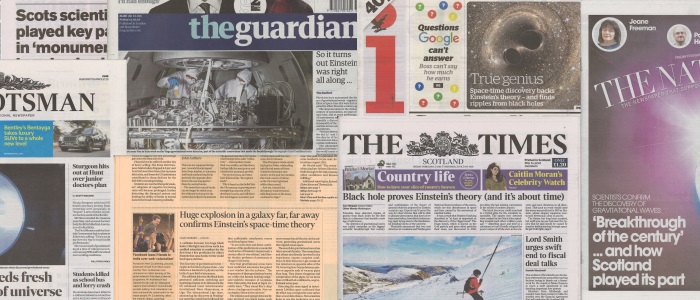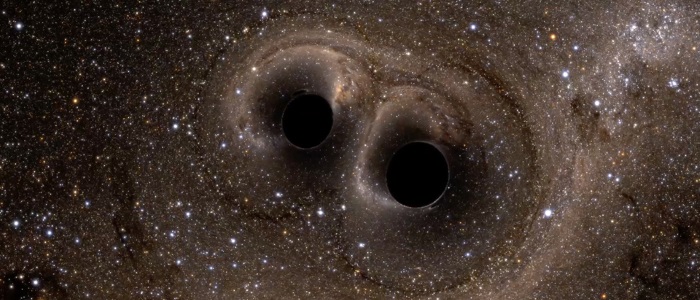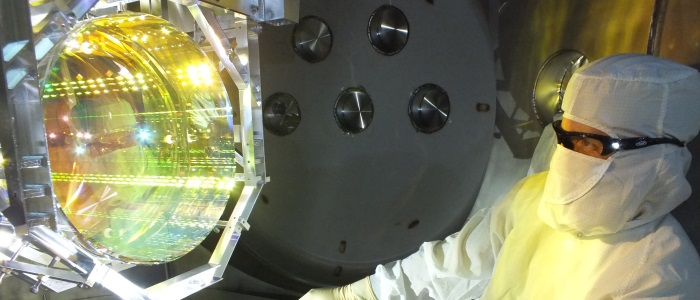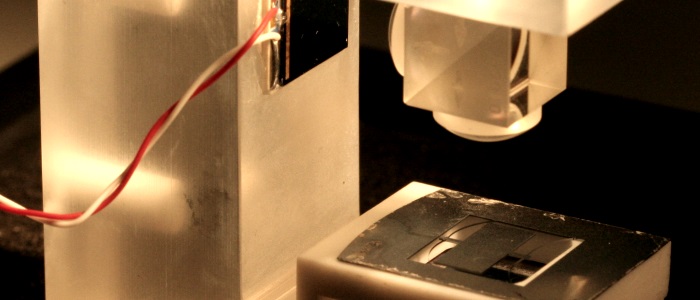
Knowledge Exchange and Public Outreach
As with other cutting edge scientific endeavours, the work that we do can lead to technology that is useful in industry and beyond.
We have a rich and vibrant outreach programme across schools, science festivals and the public in Scotland and beyond.
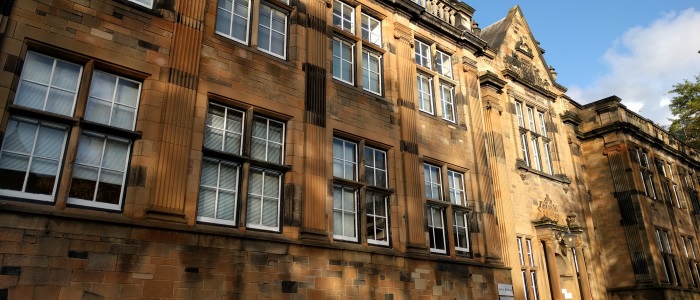
The Institute
The Institute for Gravitational Research, supported by STFC funding, is focused on gravitational astrophysics, enabled by gravitational wave detector technology, and analysis of gravitational wave signals.
